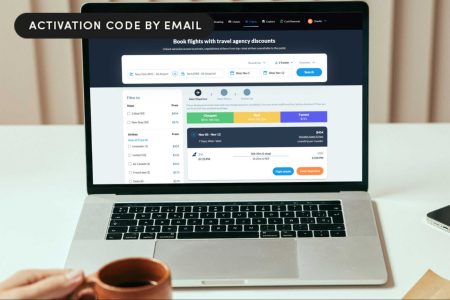What Is an Opportunity Zone?
An Opportunity Zone is an area of the U.S. that has been specifically nominated by a state, Washington, D.C., or a U.S. territory. The U.S. Treasury Secretary certifies the nomination, giving authority to the IRS to administer the tax regulations.
Certification of new Opportunity Zones began in 2018, based on the 2017 TCJA. There are more than 8,760 designated Qualified Opportunity Zones (QOZs) across all states, Washington, D.C., and five U.S. territories, most in low-income areas. The U.S. Department of Housing and Urban Development maintains a map and list of all Opportunity Zones.
How Do Opportunity Zones Work?
Individuals and businesses that invest capital gains from the sale of another investment into projects in Qualified Opportunity Zones (QOZs) receive specific tax benefits. Opportunity Zones are designed to fuel economic growth and job creation through projects like affordable housing, student housing, workforce housing, renewable energy investments, multifamily residential, and small-business development in these designated distressed areas.
Note
Capital gains tax is calculated on profits (increase in price over cost). The higher the basis (the total initial cost) of an investment, the lower the capital gain.
Investors who invest in projects through a Qualified Opportunity Fund (explained below) can defer having to take a capital gain for the investment until the investment is sold or exchanged, or until Dec. 31, 2026, whichever is earlier.
How To Invest in Opportunity Zones
To get the capital gains tax benefits from investing in an Opportunity Zone, you must invest through a Qualified Opportunity Fund (QOF). A QOF must:
- Be a corporation or partnership, or an LLC treated as a partnership or corporation under state, territory, or District laws.
- Be organized for the purpose of investing in a QOZ.
- Hold 90% of its assets in the QOZ property.
You can form your own fund or invest through an existing fund. You must file IRS Form 8996 annually with your business’s tax return to certify that the fund is a QOF.
Note
The National Council of State Housing Agencies has a list of Opportunity Zone Funds that you can search by area.
Both the individual investors and the QOF must meet specific recordkeeping requirements to prove their basis and eligibility for the exclusion of the deferred gain. The QOF must also pass an income test every year, showing that it earns at least 50% of its gross income from business activities within the QOZ, based on several income tests. Property that is used for the investment must also meet specific requirements.
You can transfer property into a QOF, but the gain deferred is limited to the property’s basis (initial cost), not its market value. You must also report your investment every year by filing an annual report on IRS Form 8997, and you must include it in your personal tax return.
How Taxes Work on Opportunity Zone Investments
The point of investing in an Opportunity Zone (in addition to helping foster development in economically depressed areas) is to defer capital gains taxes on your investment. For this purpose, capital gains include short-term and long-term capital gains as well as qualified capital gains from the sale of business property. To get this favorable tax treatment, you must meet certain requirements:
- You must take the capital gains on your tax return by Dec. 31, 2026, or when you reduce or terminate your investment by selling or giving away your investment or liquidating the QOF.
- You can’t receive capital gains from a transaction with a related person (specific relatives).
To keep your tax qualification, you must use Form 8949 to elect a deferral on your capital gain when filing your federal tax return for the tax year when the gain would be recognized if you didn’t defer it. In other words, you make the election on property that is subject to capital gains and the tax on the gain that would be due if you didn’t defer it by investing in the QOF.
The tax benefit you’ll receive from your investment depends on how long you hold it before Dec. 31, 2026. When you elect to defer the capital gain, the basis in your Qualified Opportunity Zone investment becomes zero, and it increases every year you hold it.
- Investments held for at least five years allow you to defer 10% of the deferred gain when the property is sold or otherwise disposed of.
- Investments held for at least seven years will increase the basis by an additional 5% of the deferred gain if the property is sold or otherwise disposed of.
- Investments held at least 10 years may be permanently excluded from capital gains when they are sold or exchanged.
With less than six years remaining until Dec. 21, 2026, new investments will not be able to access the seven- or 10-year benefits unless the deadline is extended.
Key Takeaways
- Investing in an Opportunity Zone allows investors to temporarily avoid paying capital gains tax on the sale of other investments, and potentially to permanently exclude a portion of those gains from taxation.
- These investments are aimed at fostering job creation and supporting development in economically distressed areas of the U.S.
- Investments in Qualified Opportunity Zones must be made through Qualified Opportunity Funds.
- Investors must file an election with the IRS initially and each year to obtain deferment of applicable capital gains tax.
Read the full article here









